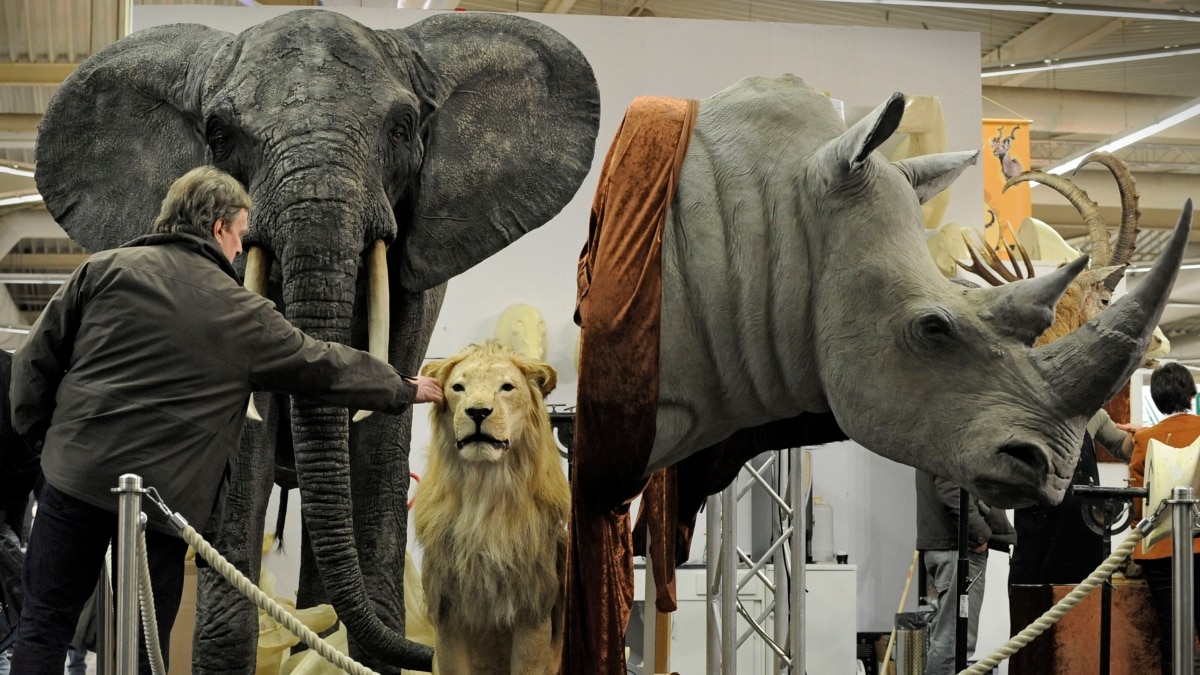Wildlife tourism is a branch of the tourism industry in many countries that focuses on observing and interacting with local animals and plants in their natural environments.
Because wildlife is a renewable resource with a surplus, hunters aid in maintaining a healthy wildlife population for the habitat through wildlife hunting.
Wildlife hunting tourism is an effective way to raise revenue and create economic incentives for wildlife conservation.
According to the U.S. National Shooting Sports Foundation (NSSF), in 2016, American hunters spent US$ 7.1 billion on equipment such as firearms, ammunition, and archery gears among others.
In addition, they spent US$ 3.2 billion on travel to and from their hunting destinations.
Wildlife hunting tourism helps African nations to practice conservation while also improving the livelihoods of rural and indigenous people so that it reduces their dependence on foreign aids.
These nations follow revenue-sharing agreements between rural communities, private enterprises, and conservation agencies.
According to analysis of 2021-2027, in Zimbabwe under the Communal Areas Management Program for Indigenous Resources (CAMPFIRE), rural communities lease hunting and other tourism rights to commercial outfitters.
These communities are then paid 50% of the revenues generated by the tourism activity.
In 2019, According to Property and Environment Research Center (PERC, a conservation and research institute dedicated to free market environmentalism), trophy hunting accounts for 90% of revenue generated through CAMPFIRE, which accounted for approximately US$ 11.4 million between 2010 and 2015.
Due to the government of countries like South Africa and Namibia’s commitment to wildlife conservation, wildlife conservation factor is expected to have a negative impact on the global wildlife hunting tourism market.
There are various wildlife welfare organizations such as Born Free Foundation, Humane Society International, among others which are creating awareness about wildlife conservation and discouraging people from wildlife hunting.
Moreover, they also pressure governments to ban wildlife hunting in their countries. This factor is expected to hamper the market growth of the global wildlife hunting tourism over the forecast period.
These associations refute claims that wildlife hunting benefits conservation and contributes significantly to local economies.
Key features of the study:
This report provides an in-depth analysis of the global wildlife hunting tourism market, its market size (US$ Million and Number of travelers (Thousands)), and compound annual growth rate (CAGR %) for the forecast period (2021-2028), considering 2020 as the base year.
It elucidates potential revenue opportunity across different segments and explains an attractive investment proposition matrix for this market.
This study also provides key insights about market drivers, restraints, opportunities, new product launches or approvals, regional outlook, and competitive strategies adopted by key players.
It profiles key players in the global wildlife hunting tourism market based on the following parameters – company overview, financial performance, product portfolio, geographical presence, distribution strategies, key developments and strategies, and future plans.
Insights from this report would allow marketers and management authorities of companies to make an informed decision regarding future product launches, technology up-gradation, market expansion, and marketing tactics.
The global wildlife hunting tourism market report caters to various stakeholders in this industry including investors, suppliers, distributors, new entrants, and financial analysts.
Stakeholders would have ease in decision-making through various strategy matrices used in analyzing the global wildlife hunting tourism market.
Detailed Segmentation:
Global Wildlife Hunting Tourism Market By Type:
Big Game Trophy
Small Game Trophy
Skill Hunting
Global Wildlife Hunting Tourism Market, By Species type:
Ungulates
Rodents
Birds
Carnivores
Others
Global Wildlife Hunting Tourism Market, By Contribution:
Transportation
Accommodation
Food & Dining
Equipment
Others
Global Wildlife Hunting Tourism Market, By Region:
North America
U.S.
Canada
Europe
U.K.
Germany
Franc
Italy
Spain
Russia
Rest of Europe
Asia Pacific
China
India
Japan
South Korea
ASEAN
Australia
Rest of Asia Pacific
Latin America
Brazil
Argentina
Mexico
Rest of Latin America
Middle East
Africa
Tags: U.S. National Shooting Sports Foundation (NSSF), Wildlife Tourism

